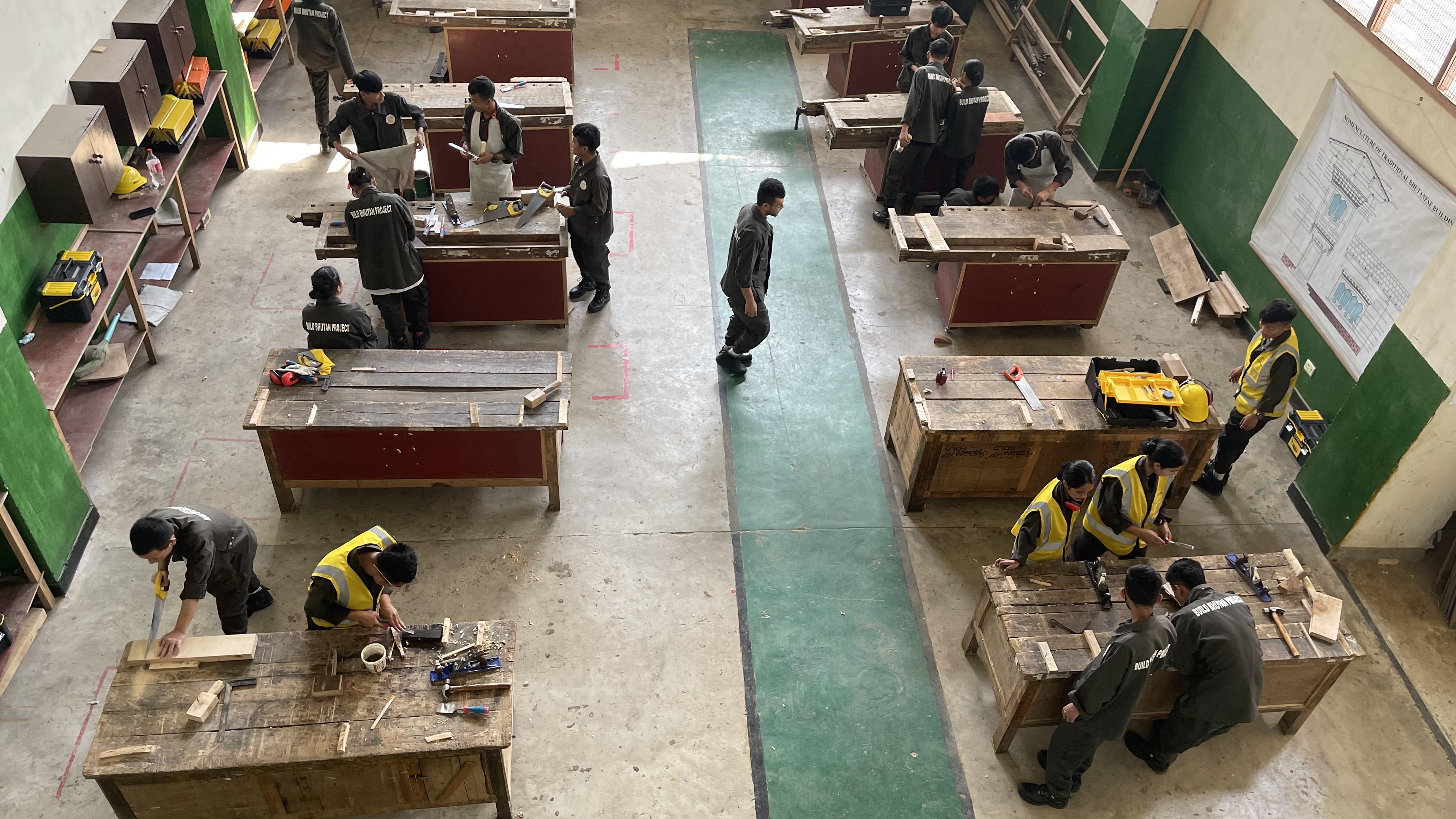
Thousands of Bhutanese youth will have increased access to technical and vocational education and training (TVET) through a Humber College-led project funded by the Government of Canada through Global Affairs Canada.
Bhutan Education and Skills Training (BEST) is a five-year, $4.95 million project that will enhance equitable access to TVET education, provide learners with industry-relevant skills and support them to enter the labour market, which reduces poverty through economic empowerment.
Humber staff will travel to Bhutan to co-develop curriculum, using their expertise and resources to support Bhutanese youth who have encountered education and employment obstacles. Representatives from Bhutan’s education system will visit Humber for a knowledge exchange about insights, Indigenous and sustainability perspectives, and Bhutan’s philosophy of Gross National Happiness for the social and mental well-being of its citizens.
The project works with national government agencies, including the Ministry of Education and Skills Development, to help implement Bhutan’s National TVET Reform Plan. It aims to have 20 per cent of high school graduates enter the TVET stream annually to produce graduates with the skills that meet labour market needs and contribute to socio-economic development.

Nalini Andrade, director of the International Development Institute at Humber College and project director of BEST, is currently in Bhutan. She noted that Humber engaged with Bhutan previously on other projects.
Bhutanese officials recently came to Humber and that six subject matter experts from the College just returned from Bhutan where they led activities involving curriculum development, teaching and learning practices, disability inclusion, gross national happiness, and monitoring and evaluation.
The project will embed themes of gender equality, Gross National Happiness, environmental sustainability and accessibility for people with disabilities.
“The BEST project will help Bhutan to engineer an inclusive and attractive Technical and Vocational Education and Training ecosystem that is capable of providing enabling conditions for our TVET graduates to acquire high-quality skills and competencies needed to build a dynamic, resilient and vibrant nation,” said Norbu Wangchuk, director, Department of Workforce Planning and Skills Development, Ministry of Education and Skills Development, Royal Government of Bhutan.
The project will develop recruitment strategies for bringing students into TVET, deliver leadership and governance training to TVET agencies, develop industry-responsive courses that align with TVET and labour market needs, and provide training to curriculum developers at the TVET institutions and the Department of Workforce Planning and Skills Development while also establishing partnerships between said institutions and industry.
The hope is to increase enrolment of both men and women in TVET programs and strengthen the skills of work-ready trainees graduating from TVET institutions to lead to increased economic opportunities for graduates.
“Education is key, and Canada recognizes the importance of vocational education and skills training,” said Ahmed Hussen, Canada’s Minister of International Development. “The BEST project facilitates access to education and employment for Bhutanese men and women and we look forward to working together with Humber College, the Bhutanese government and our partners to foster meaningful education and livelihood opportunities for all.”
BEST will be implemented by Humber in collaboration with Bhutan’s Ministry of Education and Skills Development, with support from RENEW, a non-profit organization in Bhutan. Humber will work alongside the Technical Training Institutes and Zorig Chusum (institutions for Bhutan’s traditional arts and crafts), government bodies, industry representatives, civil society organizations and development partners such as the Asian Development Bank.
Students who wish to learn more or engage with the project can visit Humber's International Development Institute webpage.